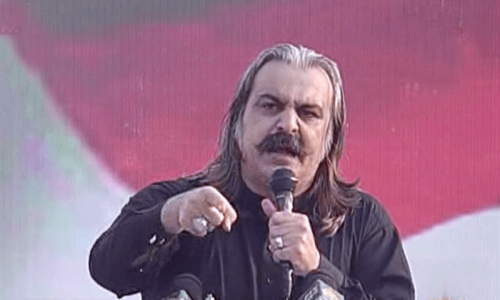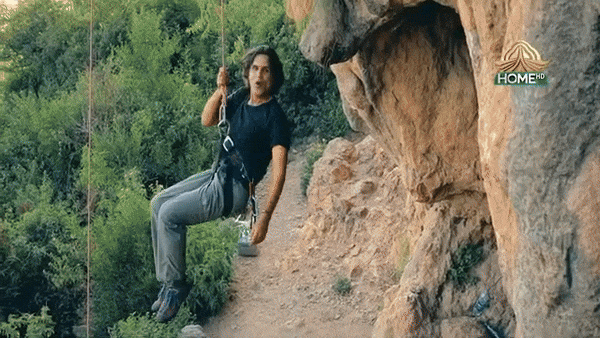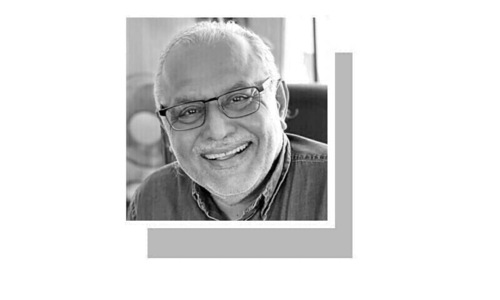WHAT could one expect at the coronation ceremony of a King in the year 2023, at a moment the public’s appetite for the monarchy is shrinking and there are global calls for the United Kingdom to apologise for its role in colonialism and the slave trade?
Less than six months after the release of Harry and Megan’s Netflix documentary, in which the monarchy was painted out to be racist, misogynistic and insensitive, the world watched as the new King of the United Kingdom tried to hit the right political notes in a ceremony steeped in longstanding tradition and pageantry.
“There were very significant efforts to recognise that the Britain of 2023 versus 1953, which was the last time the world saw a coronation, is different,” said Sunder Katwala, director of think-tank British Future. “It was tricky — a balancing act — as they did not change anything formally about the tradition which is inherently a Christian tradition. Yet there were efforts to recognise the multi-faith nature of our society.”
Mr Katwala was referring to the inclusion of Jews, Muslims and Sikhs who played a historic role in the King’s coronation ceremony on Saturday. “Rather than faith leaders, members of the House of Lords who are from different religions handed King Charles his regalia. It showed that these items are part of the state and the state belongs to every faith.”
Muslim Conservative Party Peer Lord Kamall was seen carrying the armills — a set of gold bracelets — to the king. Baroness Merron, a Jewish peer, Lord Singh, a Sikh, and Lord Patel, a Hindu, delivered a robe, glove and ring.
The ceremony, it seemed, reflected a lot of the King’s own outlook on what the monarchy means in today’s world — especially at a time when religious and sectarian differences are rife in many parts of the world.
British Pakistanis also participated in the ceremony. Sara Yasin, a 17-year-old Sea Cadet from Southampton, said the moment was “surreal”.
Speaking to Dawn, Ms Yasin said, “It’s been fantastic! Really exciting and so surreal. We had to march down to the foreign commonwealth offices, then opposite Westminster Abbey and Parliament Square. We saluted the King as he came past.”
Ms Yasin said it was a “privilege to be chosen for this role as a Pakistani”. “I haven’t met other hijab-wearing cadets like myself. It’s so encouraging for Muslim girls to even see that I was a part of this procession. It shows that the parade was a true representation of Britain.”
Ms Yasin said she added that she saw people of different faiths not just watching the event, but also participating. “It was a coronation for everyone.”
Saquib Yasin, Ms Yasin’s father, said he received an email some weeks earlier from the Southern Commander to her unit asking if she could participate. “Sara had been part of Sea Cadets marching competition last year and won the national award. Because of that, the military command remembered how good she was. They contacted Southampton to invite Sara — they hand picked her — saying she is an exemplar and that they don’t want anyone else.”
British Pakistani youth Atif Ali, who in 2021 was awarded the British Empire Medal in the Queen’s Birthday Honours list for his services to the community in Birmingham during Covid-19, was also among the 2,000 people invited to attend the ceremony.
“I was invited to the ceremony out of the blue. The atmosphere was fantastic and it was a really nice feeling. At first I thought the invitation was a spam email,” Mr Ali said in an interview, expressing his disbelief at being invited.
Mr Ali was recognised for his work with disabled children and adults during the pandemic. “My father came here in 1980s. He was a factory worker. He never thought that a member of our family would be at Westminster Abbey to attend the coronation. My cousins keep asking me to send photos of Kate, William and Harry. I told them
we can’t take photos inside, they should watch it on TV!”
The inclusion of British Pakistanis in the ceremony was not just a nod to the community’s representation in the United Kingdom, but also to the King’s personal interest in the region.
Hitan Mehta of the British Asian Trust in an interview described the King’s concern for the floods in Pakistan. “It must have been nine o’clock on a Friday night and I get a phone call from him saying: ‘I’ve just heard about the floods in Pakistan. What are we doing?’ It’s not as if he’s not a busy person. But he’s heard of the problem and he’s on it. He really does care,” Mr Mehta said.
There were moments that could have been planned more thoughtfully, like when Prime Minister Rishi Sunak, a Hindu, was made to read an Epistle from the New Testament which Mr Katwala described as a “strong profession of the Christian faith as opposed to reading something about multi-faith harmony”. But overall, Mr Katwala said the new King was trying deliberately hard not to “rock the boat”.
The internet could not get enough of the sword-wielding moment featuring Conservative MP Penny Mourdant, who became the first woman to carry and present the ceremonial sword to the king. There was also the choice of the gospel choir, which brought a fresh, modern twist to the ancient ceremony. At the end, Mr Katwala said, “There was a lot of goodwill, but it was a balancing act.”
Published in Dawn, May 7th, 2023














































Dear visitor, the comments section is undergoing an overhaul and will return soon.